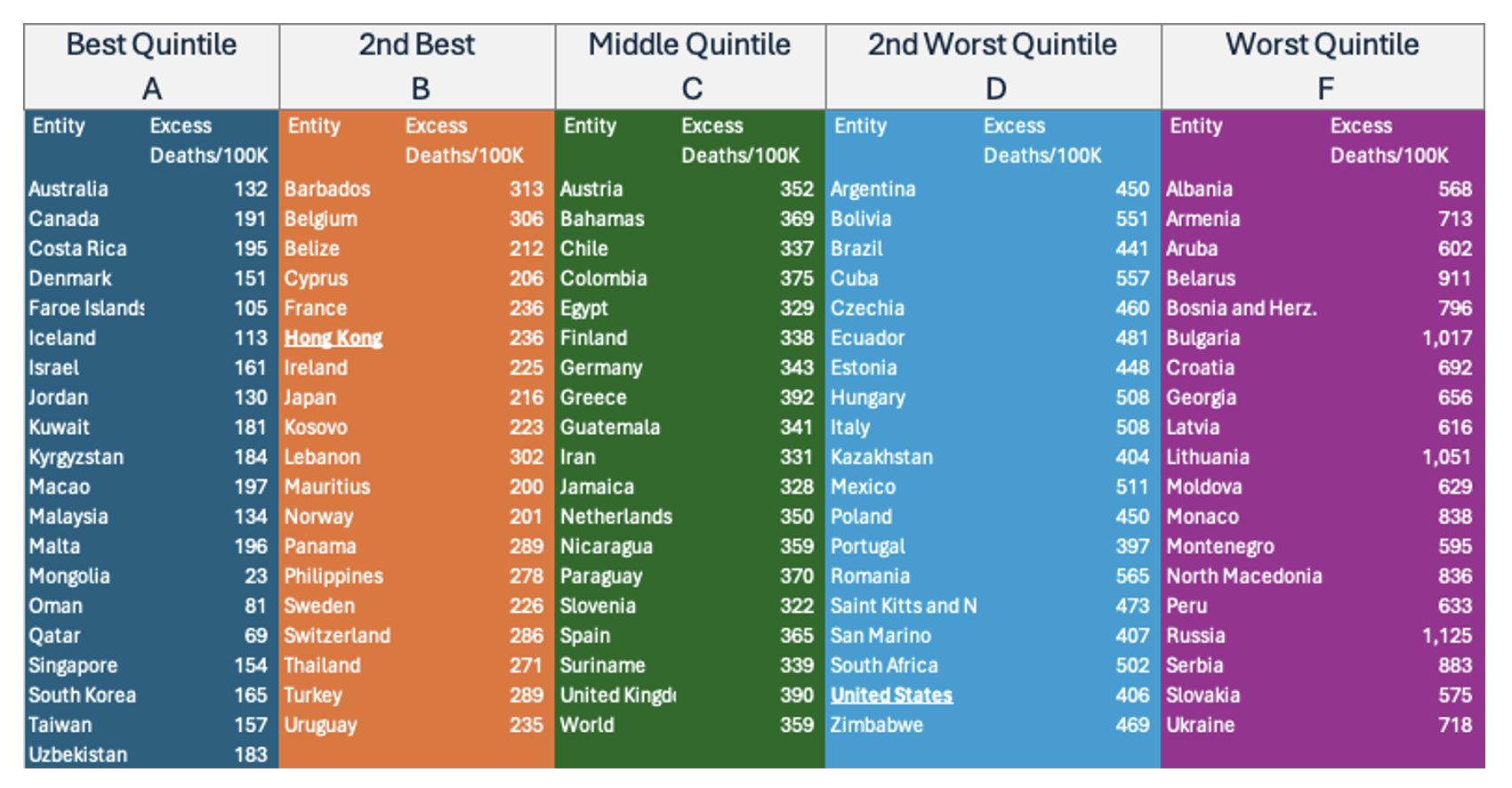Hong Kong Holds Keys to the Future of Public Health
By David Bishai
For me, Hong Kong is irresistible. People in my business gravitate to be where there are tough problems, great solutions, and smart people. Hong Kong is the leading entrepôt city for trade between East and West. Founded by British traders seeking to profit from the opium trade, it bears a legacy of putting Western profits ahead of community well-being. Colonial plans to oppress the poor required revision in the face of malaria, dysentery, plague, TB, and cholera that affected the British too. Hong Kong’s first civil surgeon arrived in 1843 and was followed by waves of British sanitarians enfolding Hong Kong in the Western hygiene revolution. After the Japanese occupation of Hong Kong ended in 1945, the best global technology in disease control was put into use in Hong Kong in efforts that partnered government with local philanthropies. Hong Kong has attained the world’s longest life expectancy. Everyone in my field wants to know how Hong Kong achieved this. Cracking the code can help Hong Kong stay on the path and share the success globally. Hong Kong’s destiny as entrepôt extends to adding value to the movement of scientific ideas and their practical application.
My new home will be the University of Hong Kong which dates its origins to a College of Medicine founded in 1887. Founders included physician-jurist, Dr. Kai Ho-Kai and physician-scientist, Dr. Patrick Manson. Both served as teachers to Dr. Sun Yat-Sen, who after graduating became a political luminary, revolutionary, and leader of modern China. Many medical students spark an insight similar to Dr. Sun's that healing requires not just clinics, but also social changes outside of clinics. The spark blows out easily in some medical schools. Luckily, Hong Kong’s original medical educators, particularly Dr. Kai Ho-Kai, put politics and social science into the original curriculum and the tradition continues.
Hong Kong eradicated plague, cholera, and TB in the 20th century using local modifications of global technology. In recent years Hong Kong achieved tobacco use rates of 9.5%--rates that are rivaled only by Sweden. Addressing root causes of disease through data and community work is what we teach and study in public health. Hong Kong and its public health community keep demonstrating these ideas in action.
The faculty at both of Hong Kong’s two schools of public health are at the forefront of all of public health’s frontiers from molecular biology, artificial intelligence, and genomics to my home discipline of social science. Disease control strategies discovered and validated in Hong Kong can rapidly become policy in the public health equivalent of “bench to bedside”. Top students in the undergraduate, masters, and doctoral programs are drawn to public health education for all the reasons that drew Sun Yat-Sen. Tired of seeing preventable human suffering, they want to address the upstream determinants of disease in the air, water, food, roads, housing and human relationships. The future of the field of public health belongs to those who study a globalized curriculum linked to practical fieldwork.
Moving my family to Asia at a moment like this is not easy. The upside is that by joining accomplished colleagues in one of the top public health faculties on the planet, I get to be in the best place at this moment in history.
***
David Bishai, MD, MPH, PhD joined the Hong Kong University School of Public Health as Clinical Professor and Director on March 30, 2023


Comments
Post a Comment